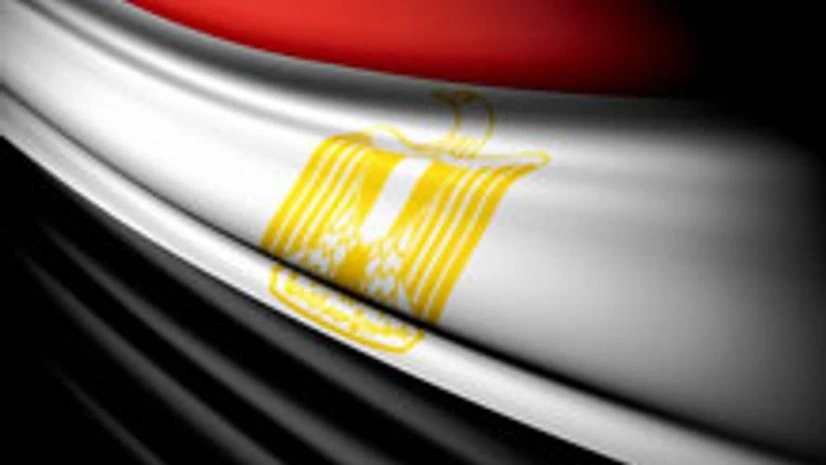The White House is reluctantly preparing to accept an Egyptian government that could be a democracy in name only, two years after the US supported the overthrow of its dictator in the name of democracy.
The US is still holding out hope that Egypt's military-backed interim leaders will cede power once elections scheduled for early next year are held and that an inclusive government will be formed under a publicly drafted constitution.
But if that does not happen and the military's bloody crackdowns last week of political opponents dampen those hopes the Obama administration cannot afford to distance itself from even an authoritarian Egypt.
Also Read
"I don't think the White House was under the illusion that some sort of liberal and enlightened system was going to emerge from the ashes of the dictator in Egypt," said Tamara Cofman Wittes, who served as deputy assistant secretary of state from 2009 to 2012.
She said the White House needs to develop a long-term strategy to nudge a military-run Egypt in a democratic direction. "This is not about getting an ideal democracy," said Wittes, now director of the Saban Center for Mideast policy at the Brookings Institution in Washington. "It's about the fact there will not be stability in Egypt without a more inclusive government."
The Egyptian military, responding to popular unease over democratically elected President Mohammed Morsi's policies, overthrew the civilian government on July 3, setting up an interim government and calling for elections early next year.
US officials believe it could be months, and perhaps years, for the Egyptian government to settle from the internal turmoil that began with the Arab Spring uprisings in 2011 that ousted autocratic leader Hosni Mubarak. Washington has been working more closely to promote democracy there since then than it has in years past.
Egypt has long been a key US ally, in large part because of its peace agreement with Israel, access to the Suez Canal and efforts to curb terrorism, particularly in the Sinai Peninsula, a feared haven for militants. The White House welcomed Morsi's election last year as Egypt's first democratically chosen leader.
But his relationship with President Barack Obama has cooled as his conservative Islamist government offered only tepid support of women's freedoms, his Muslim Brotherhood supporters attacked protesters and old comments surfaced by Morsi referring to Jews as "bloodsuckers" and "pigs.

)
